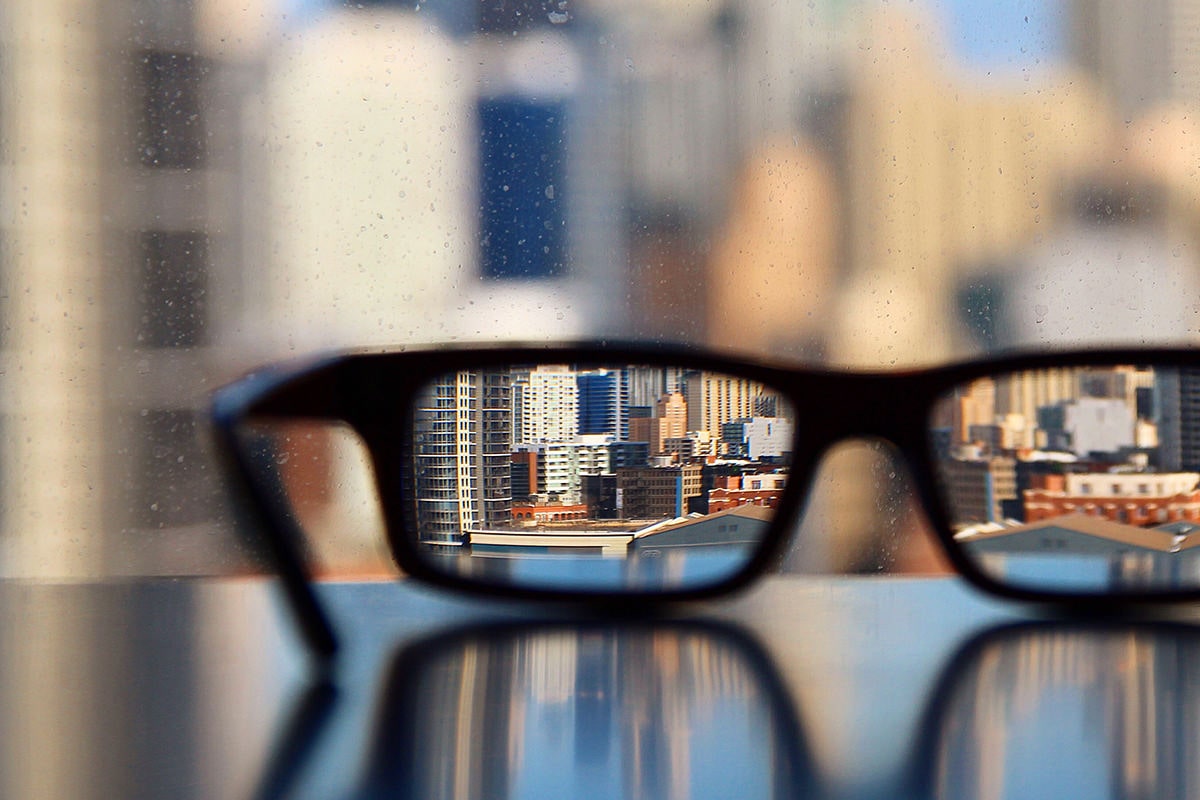
Nearsightedness, or difficulty seeing objects up close, is a common problem for many people. Nearsightedness, also known as myopia, affects more than 30-40% of the United States population. It is a refractive error in which rays of light focus on the retina’s front (the back of the eye), blurring distant objects. Nearsightedness Correction, however, is indeed possible, which is good news.
Some people have LASIK eye procedure for nearsightedness correction owing to a number of reasons, a few of which are mentioned below.
• To gain more self-assurance, to be more adventurous, and to avoid having to replace items on a regular basis
• To get rid of a runny nose and boost allergies
• To lessen headaches and eye pressure
• To get rid of the need for contact lenses and cleaning solutions
• To make a long-term change in their vision
That being said, do you ever wonder what your best choices for nearsightedness correction are? Let’s look at the most popular treatment options.
Nearsightedness Correction Glasses
Eyeglasses are the simplest and most popular way for nearsightedness correction, particularly in children. Eyeglass lenses correct the angle at which light strikes your retina. An optometrist or ophthalmologist studies your eyes from various angles and checks your vision with eye charts and concentration exercises to determine the precise recommendation for your lenses.
Nearsightedness Correction Contact Lenses
Just as with glasses, vision tests and eye exams decide the requirement for your contact lenses, and these lenses, in turn, correct your vision by adjusting the direction in which light reaches the eye. Natural tears in the eye allow contact lenses to sit on the cornea. Because of their close vicinity to the cornea, the lenses can be much thinner than eyeglass lenses.
LASIK Procedure For Nearsightedness Correction
On a regular, short-term basis, both eyeglasses and contact lenses improve your vision and aid in Nearsightedness correction. They need to be washed and/or changed regularly, and while you’re not using them, your vision will be blurry. If you want to fix myopia indefinitely, you should consider refractive surgery, which enhances the eye permanently and typically does not require regular correction afterward.
Nearsightedness can be corrected with LASIK (laser-assisted in situ keratomileusis). The most popular eye treatment procedure modifies the form of the Cornea (the circular front part of your eye) so that light may pass through it and strike the retina properly.
With LASIK eye procedure, LASIK specialists will indeed resolve this problem quickly and painlessly. The process is simple and convenient, and it has helped many people avoid paying for optical aids regularly.
A skilled LASIK surgeon can easily correct nearsightedness.
Columbus LASIK Vision is a leading LASIK eye procedure provider in Philadelphia, and we use the most advanced LASIK technology on all of our patients to ensure that they receive the results that we promise.
Since the technology is so reliable and precise, LASIK procedure is much smoother, less painful, and faster to recover from.
We aim to provide you with the best LASIK eye procedure results possible. Our specialists can explain what kind of vision you should expect from our premium facilities, outstanding suppliers, and elevated lasers. Call us right now to find out how we can assist you in the process of your nearsightedness correction.



